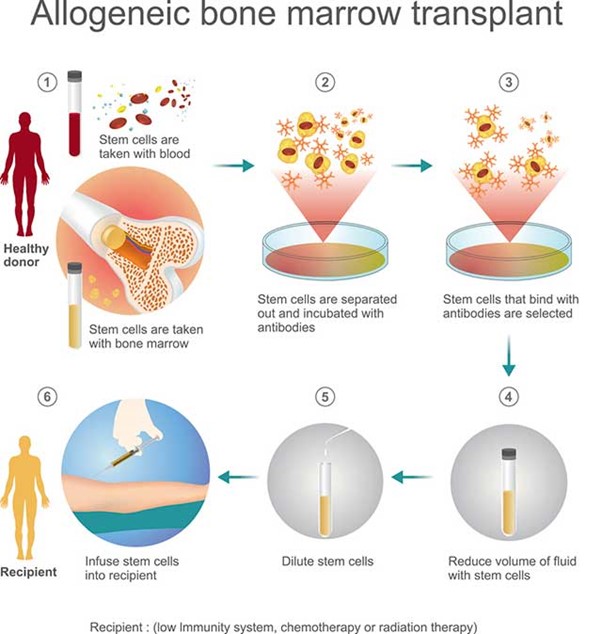A nurse is caring for a client who has tuberculosis. Which of the following precautions should the nurse plan to implement when working with the client?
Protective
Droplet
Airborne
Contact
The Correct Answer is C
Choice A reason:
Protective precautions are not necessary because they (also known as reverse isolation) are used for immunocompromised clients to protect them from potential pathogens carried by healthcare workers or visitors.
Choice B reason:
Droplet precautions are not necessary because they are used for infections spread through larger respiratory droplets, like influenza or pertussis.
Choice C reason:
Airborne precautions should be implemented by the nurse. Tuberculosis (TB) is primarily transmitted through the airborne route, as the bacteria that cause TB can be suspended in the air as tiny particles (droplet nuclei) when an infected person coughs, sneezes, speaks, or sings. These particles can be inhaled by others, leading to the potential transmission of the disease.
Choice D reason:
Contact precautions are not necessary because they are used for infections that are transmitted through direct contact with the client or contaminated surfaces, such as MRSA (Methicillin-resistant Staphylococcus aureus) or C. difficile.

Nursing Test Bank
Naxlex Comprehensive Predictor Exams
Related Questions
Correct Answer is B
Explanation
Choice A reason:
Wearing a mask when outside of the room is not a standard practice for all patients undergoing an allogeneic stem cell transplant. The need for mask use may vary based on the patient's specific condition and the facility's infection control protocols.
Choice B reason:
"You will be in a negative-airflow room to keep the air cleaner." This is the appropriate answer. An allogeneic stem cell transplant involves replacing the patient's damaged or diseased bone marrow with healthy donor stem cells. Patients undergoing this type of transplant have compromised immune systems due to the treatment, which increases the risk of infection. Placing the patient in a negative-airflow room helps prevent the spread of airborne infections by ensuring that air flows into the room but does not escape into other areas of the facility
Choice C reason:
Visitors wearing protective gowns is not a standard practice for all patients undergoing an allogeneic stem cell transplant. Visitor guidelines may depend on the patient's immune status and specific infection control measures.
Choice D reason:
Being placed in a semi-private room is not recommended for patients undergoing an allogeneic stem cell transplant. These patients require a controlled environment to reduce the risk of infections, and private rooms with proper infection control measures are generally preferred.

Correct Answer is ["A","B","C","E","F"]
Explanation
Client Symptoms:
- Urinary Symptoms: The client reports a 2-day history of urinary frequency, burning on urination, and both lower back and suprapubic pain.
- Fever: The client states they developed a fever this morning.
Urinalysis Results:
- Appearance: Cloudy urine.
- Leukocyte Esterase: Positive, indicating the presence of white blood cells.
- Nitrites: Present, suggesting bacterial infection.
Assessment:
- These findings strongly suggest a Urinary Tract Infection (UTI). The combination of urinary symptoms, fever, and urinalysis results supports this diagnosis.The nurse should promptly report these findings to the healthcare provider to ensure timely intervention.
Whether you are a student looking to ace your exams or a practicing nurse seeking to enhance your expertise , our nursing education contents will empower you with the confidence and competence to make a difference in the lives of patients and become a respected leader in the healthcare field.
Visit Naxlex, invest in your future and unlock endless possibilities with our unparalleled nursing education contents today
Report Wrong Answer on the Current Question
Do you disagree with the answer? If yes, what is your expected answer? Explain.
Kindly be descriptive with the issue you are facing.
